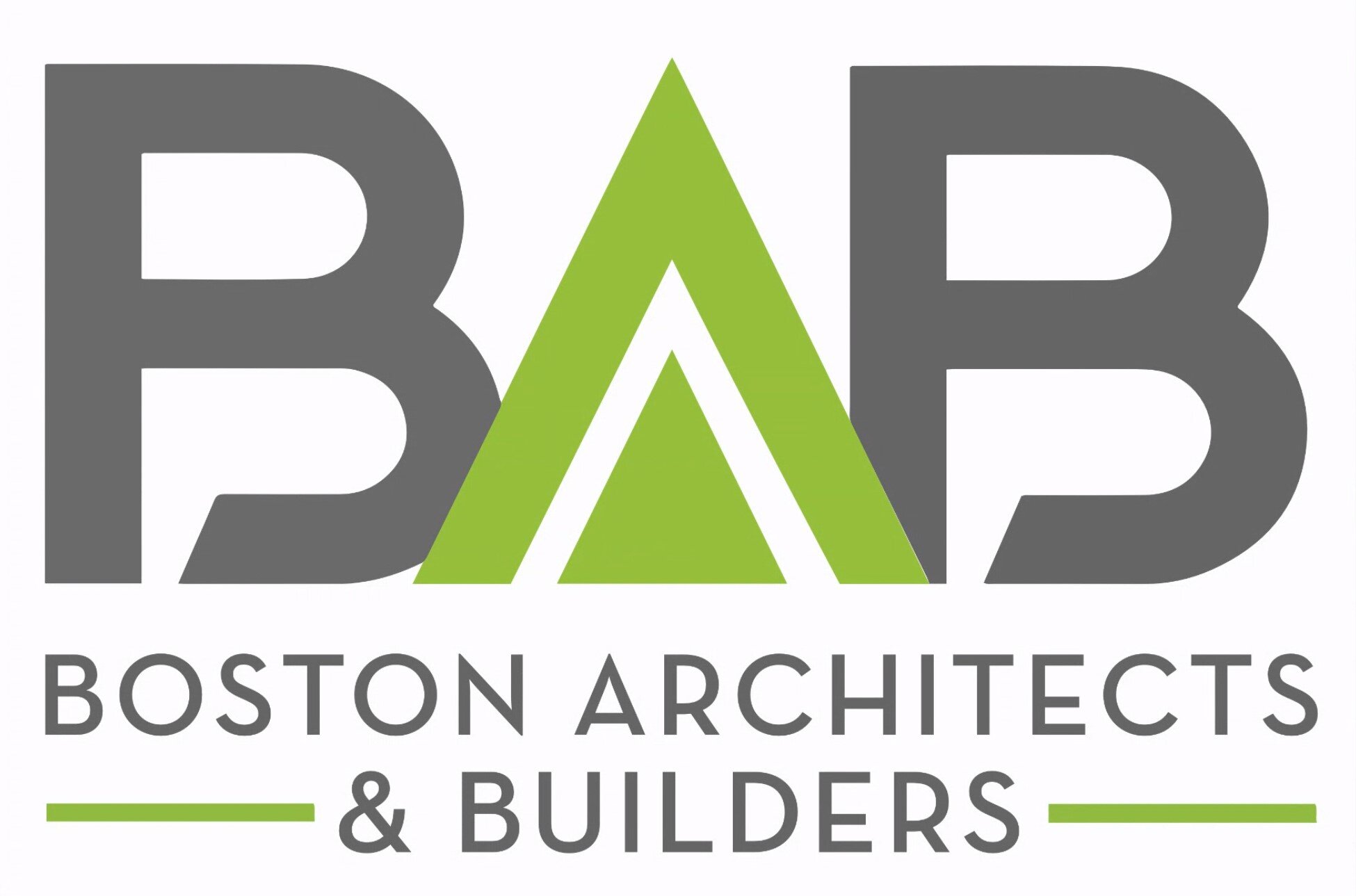Owning land is pretty easy – it rarely takes a lot of effort. But when you want to sell, that can be a different story. Do you own land in MA and are wondering, “How do I sell my land to a developer”? At Boston Architects & Builders / Boston Real Estate Buyers, we’re often asked that question so we wrote this blog post to answer it for you…
First, it’s important to know what developers are looking for
A developer wants to be able to build on the property and sell it, so they’re probably looking for property that is close to infrastructure and services (like water, sewer, power, and roads). After all, they’ll need to connect these services to their development and they’ll want people to get to their property!
It’s okay if the land isn’t serviced but developers will probably want to know how far away the services are and whether those services are being actively worked on by the town/city.
Second, you may want to bypass the real estate agent
Most real estate agents tend to work with clients who are looking to buy a home that is already built and ready to live in. If you do want to have an agent sell your land so that you get the most exposure from potential developer buyers, you’ll need to find someone who specializes in selling land to developers. Of all the licensed real estate agents and brokers, only a small percentage are experienced with buyers who are real estate developers, so do your homework! Alternatively, you might consider getting in touch with us to buy your land from you – we are architects and developers so we can buy and develop land.
Third, be aware of zoning when wondering “How Do I Sell My Land To A Developer?”
Developers will be looking to build, which may include potentially subdividing and doing additional work on the land. They’ll want to know how your property is zoned so they can anticipate the work required to build. Of course zoning can often be changed but zoning changes will just add to their timeline and workflow so it’s helpful for developers to know up-front how the land is zoned. If you put yourself in the shoes of a developer, you’ll understand that they won’t buy a property without knowing for sure what they can build on it. So they’ll typically make an offer contingent upon doing their research to their satisfaction. The contingency period can be 30 days and up to 6 months. During that time they will typically pay their architect to do the zoning research to determine what will be allowed to be built. And if they find they cannot build what they want, they will nullify the purchase contract. As you can imagine, this is a costly process for them and many will not even be interested in looking at it. BUT, in order to make your land attractive to these developers, you can hire an architect yourself to do a feasibility study and provide a report that any buyer can refer to and feel confident going into the deal that they can build what they want. That feasibility study may also require a Certified Plot Plan by a land surveyor that will establish the exact property lines of the lot, so the architect knows what he’s working with when doing his zoning analysis. As the land owner, if you have the appetite, you can do some research yourself with the town/city, but in marketing the land for sale most owners and agents will put a disclaimer for “buyer to do their own due diligence”. In summary, understand that the less research you do upfront yourself with design professionals, the less interest you’ll have from developers who will have to do that work themselves, and risk walking away after spending time and money for their efforts.
Fourth, be aware of the path of new construction
This one is harder for land owners to know but if you’re wondering, “How do I sell my MA land to a developer?” this will be an important consideration that the developer is thinking about: If your land is not inside a city then a developer will probably want to know if the city is growing in the direction of your land. (Even if the city is not growing toward your land, that’s okay but developers will want to know). You don’t have to know this answer yourself but if you do, that will be helpful to developers.
Selling raw land can be challenging because it’s a very different kind of buyer. But if you’re wondering, how do i sell my land to a developer, then these 4 tips will help you.
